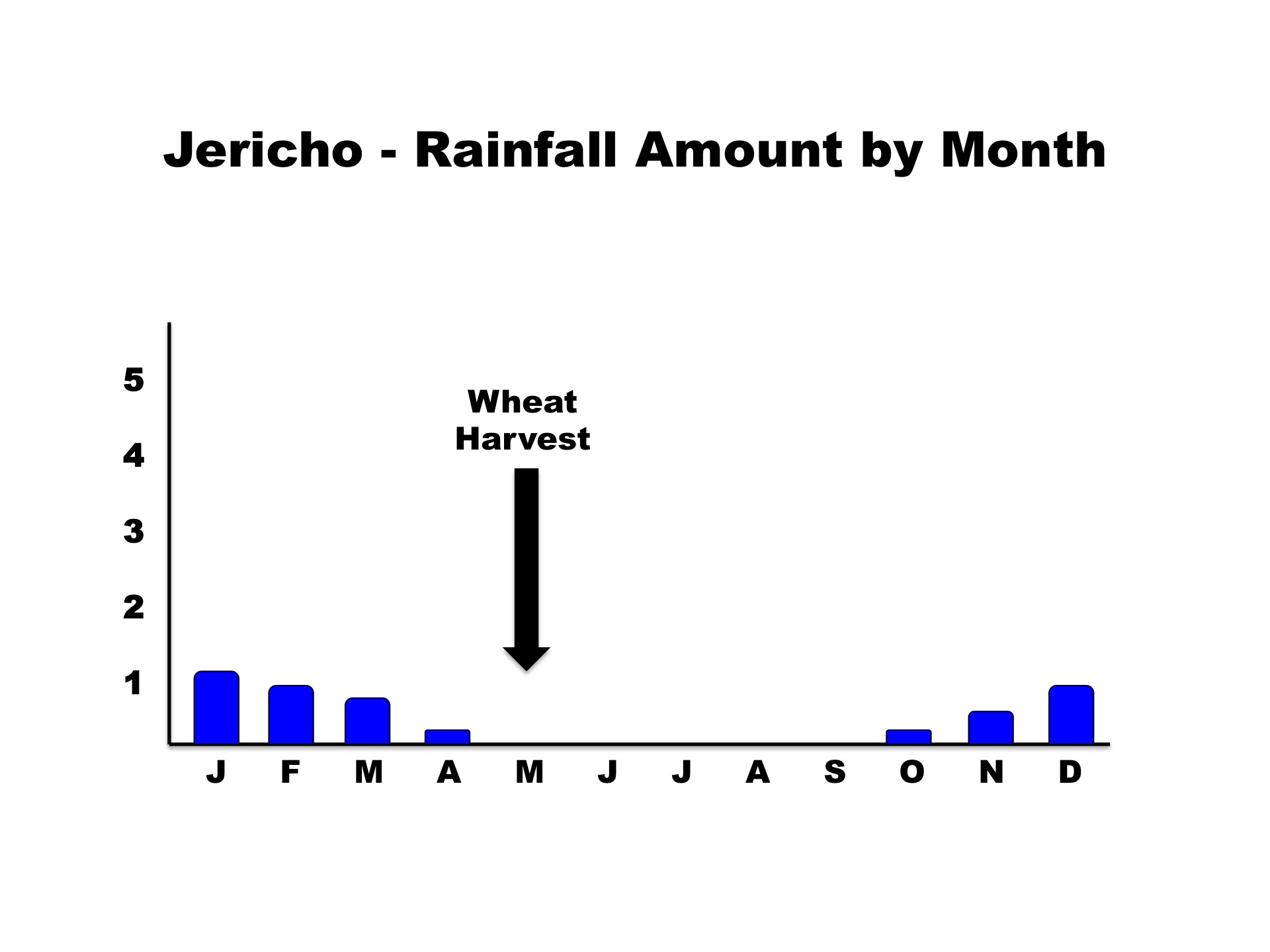 In 1 Samuel 12, Samuel speaks to the people of Israel about some of the decisions that they have made, primarily concerning the fact that they had requested a king (when God was already their king). However, he states that if the people and their king will obey the Lord, then all will be well. However, if they don’t, then “the hand of the Lord will be against you and your king”.
Then, Samuel performs a sign. He asks God for thunder and rain. And, the Lord provides it.
In 1 Samuel 12, Samuel speaks to the people of Israel about some of the decisions that they have made, primarily concerning the fact that they had requested a king (when God was already their king). However, he states that if the people and their king will obey the Lord, then all will be well. However, if they don’t, then “the hand of the Lord will be against you and your king”.
Then, Samuel performs a sign. He asks God for thunder and rain. And, the Lord provides it.
"Now therefore stand still and see this great thing that the Lord will do before your eyes. Is it not wheat harvest today? I will call upon the Lord, that he may send thunder and rain. And you shall know and see that your wickedness is great, which you have done in the sight of the Lord, in asking for yourselves a king.” So Samuel called upon the Lord, and the Lord sent thunder and rain that day, and all the people greatly feared the Lord and Samuel. - 1 Samuel 12:16-18
Why did the people “greatly fear” them? Well, you have to know a little bit about the geography and climatology of the land to understand.
Location of the Sign
 The people were assembled at Gilgal. (NOTE: I realize that there are a couple of different locations attributed to Gilgal. And, I realize that “a gilgal” could have been something that was built. But, I believe that in this passage we are talking about an actual location). Gilgal was location approximately 4-5 kilometers away from Jericho in the base of the Jordan Rift Valley.
The people were assembled at Gilgal. (NOTE: I realize that there are a couple of different locations attributed to Gilgal. And, I realize that “a gilgal” could have been something that was built. But, I believe that in this passage we are talking about an actual location). Gilgal was location approximately 4-5 kilometers away from Jericho in the base of the Jordan Rift Valley.
As winds come off of the Mediterranean Sea, they reach the Central Mountain Range and rise. As the air rises, it cools and water droplets condense and eventually fall as rain. Therefore, the Central Mountain Range (including the cities of Jerusalem, Bethlehem, Samaria, etc) get about 26 inches of rain per year. However, as the winds top of the Central Mountain Range, they descend into the Jordan Rift Valley. In doing so, the air warms and the water dries up. Consequently, the city of Jericho (which is located about 10-12 miles from Jerusalem) only gets 4-6 inches of rain per year.
So, why were the people afraid? Because they realized that God made it rain in a place that doesn’t get that much rain.
But, I think that there is another reason.
Time of the Sign
 Did you catch that extra piece of information that Samuel stated in his speech? He said that it was the time of the wheat harvest. What does that mean?
Did you catch that extra piece of information that Samuel stated in his speech? He said that it was the time of the wheat harvest. What does that mean?
Well, the little rain that does fall in the Jordan Rift Valley falls between the months of October and April. The wheat harvest is in May (and may go into June). The people knew that God had made it rain at a time of year in which it never rains.
When the people saw that the rain fell in a place that rarely gets rain and at a time in which it never gets rain, they knew that this was a sign from God. And consequently, they were greatly afraid.
By better understanding the lands of the Bible, you can better understand the stories in the Bible.
Recently, I presented a lesson on this topic at Capshaw church of Christ. You are welcome to listen to it and let me know if you have any questions.
(NOTE: The picture at the top of the post is from Trent and Rebekah Dutton. You can see all of their pictures at http://www.simplebiblehistory.com. The picture is taken from the Central Mountain Range looking east across the Jordan Rift Valley toward the Trans-Jordan Plateau.)





